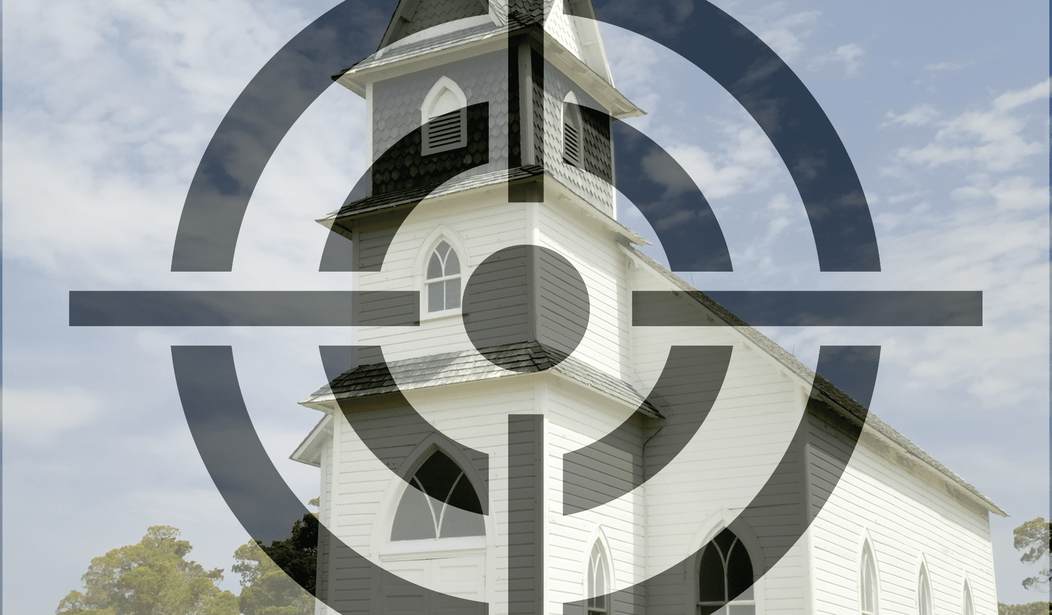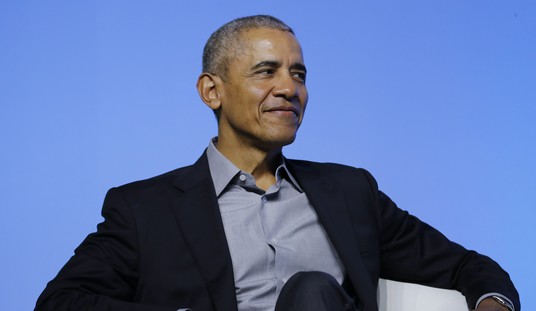An LGBT organization in Ohio has announced plans to target churches if they refuse to offer their property to be used in a homosexual wedding. In opposing the Ohio Pastor Protection Act (HB-36), the group Equality Ohio announced that they would target churches, forcing them to rent church facilities to groups that oppose their beliefs. This despite the fact that all the Roman Catholic bishops in Ohio support the bill, and Catholics make up approximately 20 percent of the state’s population.
When asked “if a church community has a church hall that they rent to couples who want to have that wedding reception in that hall … should that church hall and church community be forced to rent that to someone who wants to use that building for something that’s against that church community’s belief system,” an Equality Ohio spokeswoman said, “Sure, I would say that if that space is open and generally available to the public for a fee, yes that should be available to everyone.”
This statement may seem innocent enough, but to Representative Nino Vitale (R-Urbana), the author of HB-36, it is a declaration of war. “If you have property rights and religious freedom, shouldn’t you have religious freedom, at least on your own property?” Vitale asked in an interview with PJ Media.
Specifically, Vitale suggested that the ACLU of Ohio, which he described as “a large cash cow organization that exists to sue people,” and which opposed the Ohio Pastor Protection Act last year, would target churches if HB-36 does not pass. “That’s what they aim to do,” he explained.
The representative also noted that “some of the largest insurance companies that handle churches in the United States now have religious freedom riders, and you can select those and add them to your church policy.” Potential lawsuits are “so big of an issue that even insurance companies recognize it.”
Vitale predicted that groups like the Ohio ACLU and Equality Ohio (not to mention the Human Rights Campaign, the Secular Coalition, and the pro-abortion group NARAL, which have each opposed HB-36) would target the Catholic Church in particular.
“The Catholic Church is one of the main targets,” the representative told PJ Media. “When you’re filing a lawsuit against someone, you’re saying we disagree with what you’re doing and we want to stop you from doing it and penalize you for what you did,” he explained. “I can’t think of anybody with bigger pockets in the church communities than the Catholic Church.”
Despite this likely attack, Vitale noted that it is “very rare” for the Catholic bishops in a state to unite in support of a particular piece of legislation. Nevertheless, the Catholic Conference of Ohio (the Ohio bishops in unison) testified in support of HB-36 this week.
The representative noted that these 15 bishops oversee 2.3 million Catholics, who make up approximately 20 percent of the citizens of Ohio. Even if the bill were not necessary to protect churches from likely legal threats, it seems that it would be bad politics to oppose it.
Furthermore, Vitale emphasized that the protections in this bill are very specific and limited. This legislation would not protect Aaron and Melissa Klein, for instance, the bakers who refused to bake a cake for a same-sex wedding and were fined $135,000 by the state of Oregon. It would not protect Barronelle Stutzman, who refused to sell flowers for a same-sex wedding in Washington, and recently lost her appeal before the Washington State Supreme Court.
The Ohio Pastor Protection Act would only stipulate that pastors and religious ministers could not be forced to officiate weddings with which they have a religious objection, and that churches and religious societies could not be forced to rent out their property for such events. Furthermore, similar laws are already on the books in Florida and Texas, and are pending in 14 states, including Ohio.
“You all believe one thing, you all believe another. Rather than sue or fine anybody, we’re going to have to agree to disagree on this one,” Vitale told PJ Media. “At the very least, a pastor and church property should be able to say, ‘We have religious liberty, so we don’t want our pastor or church property to be used for something that violates our religious beliefs.'”
This live-and-let-live perspective seems alien to one side of the debate, however. “Look for churches that have sued LGBTQ communities and you’re not going to find any, but if you look for LGBTQ communities who have sued churches, then you will find many,” the representative said.
“What the other side’s going to tell you is, ‘the minute you’re open to the public,'” you’re fair game. “That is, in fact, the Judeo-Christian calling, to invite people in — You can’t save someone’s soul if you don’t invite them in,” Vitale said. “By definition, the very nature of a religious community is one that is open to all.”
Naturally, however, organizations like Equality Ohio respond that this is a civil rights issue. “When you operate a business and are open to the public, you must be open to everyone in the public,” the LGBT group’s testimony declared. “You are obligated to adhere to civil rights norms in the United States.”
But these are not mere commercial entities. Churches operate on religious principles. As Vitale said, “If you say to me that a church community who has put their money in freely because they believe certain truths, has to be forced to pay for events which violate those beliefs, I would argue we don’t have religious liberty anymore.”
Under such a system, “the only place you do have it is in your own home or in the exact space where you worship.” Perhaps that is exactly the kind of world these groups aim to create.









Join the conversation as a VIP Member